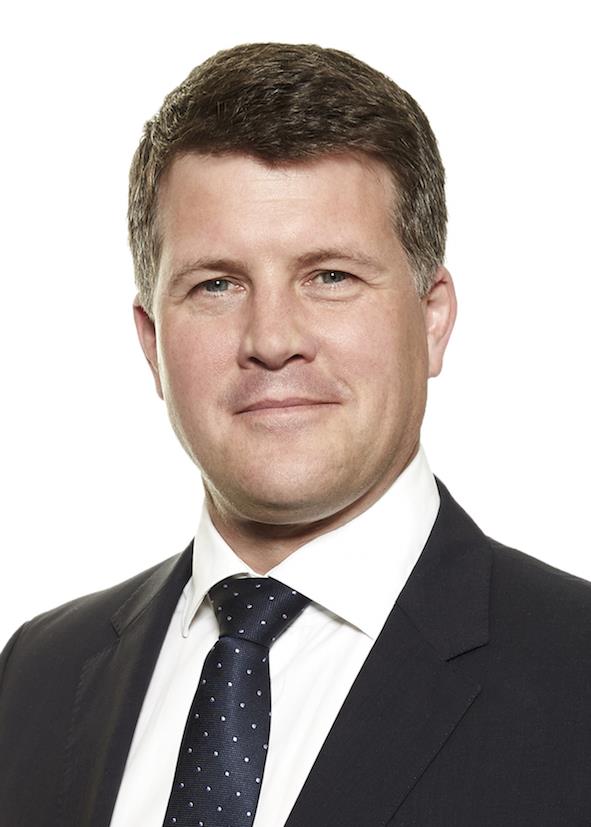Rob Hill is a Partner with Global Golf Advisors (GGA), responsible for managing the firm’s EMEA office based outside Dublin, Ireland.
GGA, which began in 1992 as the KPMG Golf Industry Practice in Toronto, is a highly specialized consulting firm focused on golf, private club, real estate, and resort businesses. The team at GGA has now served over 2,700 golf-related businesses around the world from offices in Canada, USA and Ireland in such disciplines as strategy, finance, business planning, governance, marketing and communications, asset management, operations and market research.
Prior to joining GGA, Rob fulfilled management positions with Whitbread Plc and Marriott Hotels in the UK, and as Managing Director of Merrion Golf Management advised clients which included PGA European Tour Courses, Deutsche Bank, HSBC, Mandarin Oriental Hotels, HVS, Dromoland Castle, Robert Trent Jones II, Callaway Golf and the Andalucia Tourist Board.
Rob was the project manager responsible for the planning and opening of the golf operation at Carton House, culminating in the property being awarded the IAGTO European Golf Resort of the Year 2008. He also had responsibility for the design of the national golf club service quality standards strategy for Irish Tourist Board.
He is Director of GGA’s Institute for Best Practice, which researches and share best practices amongst the world’s top performing golf clubs with a view to improving the performance in an array of management disciplines.
Session Description
Using evidence to inspire and inform effective change
Core Competencies Covered: Governance, Leadership.
Change is inevitable. It is one of the few things that club leaders can count on as certain.
As such, it is responsible that you prepare for change as best you can. That you prepare your Board or ownership for that change. And that where possible you prepare for the kind of change you want.
All too often, clubs are reactive, making decisions in response to the consequences of change – such as those to member expectations, social attitudes, the competitive environment, utilisation habits, best practices, technology, compliance, overhead pressures and many more – and are typically addressed only when their consequences demand decisions be made.
In this reactive scenario, decisions are made with a sense of urgency, are heavily reliant on the views, belief systems and biases of board volunteers and are easily influenced by a vocal minority within a club.
GGA encourages club leaders to take a longer term view. To track patterns that indicate change is coming, to gather the necessary evidence from a variety of internal and external sources to evaluate that change, and to empower club leaders to make objective, fact-based decisions to shape change that is beneficial to the club’s future.
Learning Outcomes
As a result of participating in this session, participants will be able to:
- Identify barriers to change that club leaders must overcome.
- Define and classify the most important Business Intelligence for their club to track.
- Implement appropriate tracking procedures to efficiently and effectively capture the data needed to prepare for long-term planning.
- Present vital data and analytics in a meaningful way to each key stakeholder audience at their club.
- Utilise data and analytics to support and inform fact-based decision making amongst their management team and their board.


